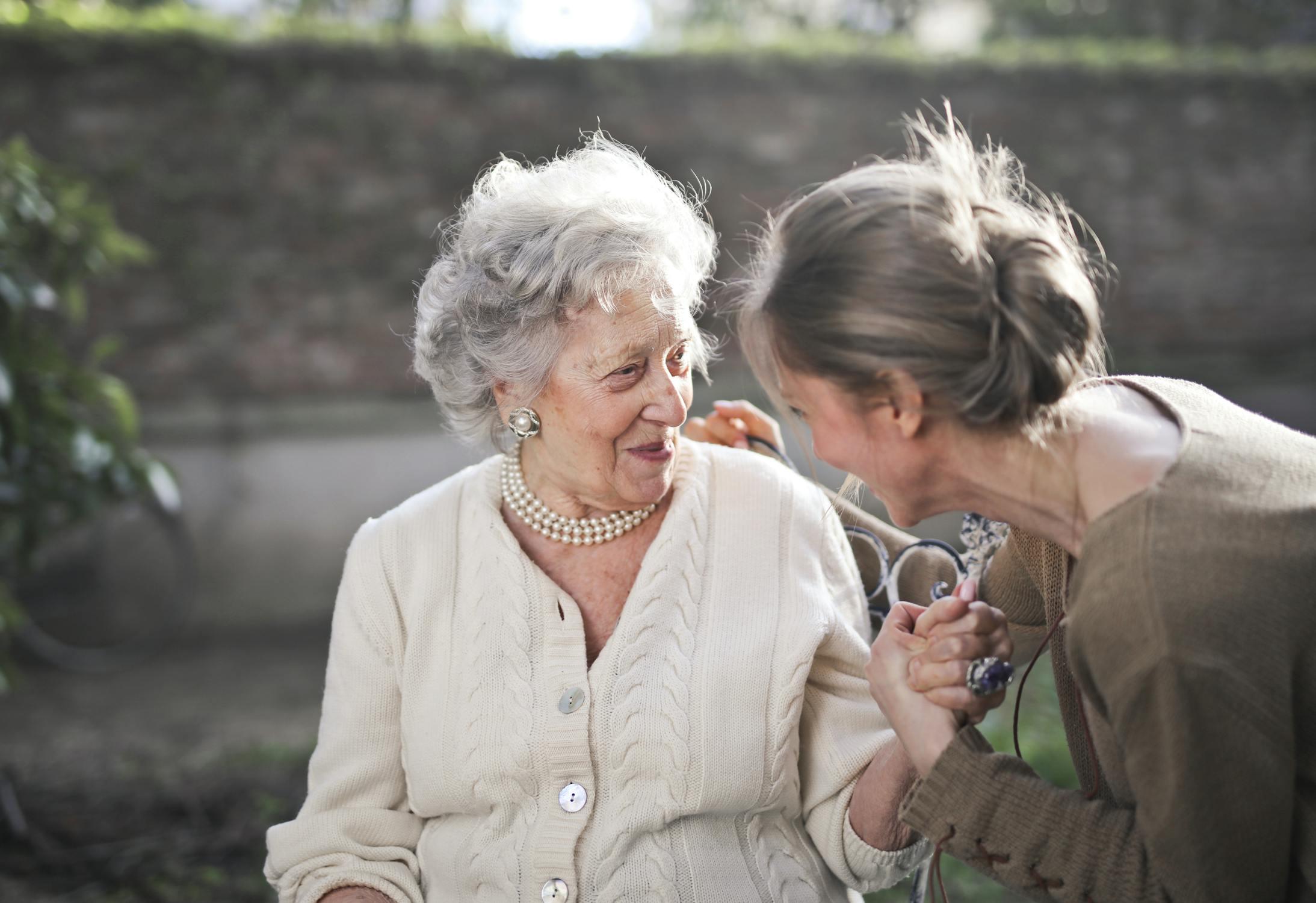Deciding whether an elderly person should relocate to a care facility is a major choice that involves several key parties: the elderly person, their adult children or family members, and healthcare professionals. Each group has various perspectives on what is best. The elderly person may want to stay independent and comfortable, while their children may be concerned about their safety and how well they would be cared for.
But, on the other hand, healthcare experts, such as doctors and nurses, have a better understanding of the elderly’s medical needs and hence provide a more significant recommendation. This article will help you in finding the right balance between different points of view in order to make the best decision for all parties involved.

The Senior’s Wishes
The senior’s wishes should be considered because they would be living in this unfamiliar environment. To make them more comfortable, you need to look into whether they have any concerns or misgivings regarding the new arrangement.
The step of considering other points of view will help the senior to make judgments based on what they prefer and are most comfortable with. Their choices are typically based on their ability to manage their daily activities independently. Some elderly people may require more assistance with tasks such as cooking or getting around.
Furthermore, money and emotions come into play here. Seniors may consider whether they can afford to live in a different location or to hire a caregiver. The issue with emotions is that some seniors would prefer to live in a place where they know everyone rather than be trapped in a home where they know nobody.
The Role of The Children
Children typically play an important part in deciding where elderly parents or relatives should live. They have known their parents or relatives for a long time and know what is best for them in a variety of ways. Children have to consider both what their parents desire and what is best for them.
However, if their parents have difficulty remembering things or thinking properly due to diseases such as dementia, the children may have to make decisions on their behalf to ensure they receive the best care possible. The bottom line is to strike a compromise between following their parents’ wishes and ensuring their safety and well-being.
Healthcare Professionals’ Expertise
Doctors and nurses play an important part in determining what type of care an elderly person needs. These professionals would have already diagnosed the elderly’s condition and know what kind of treatment they should undergo.
Following that, the doctors also offer guidance on various options for the elderly, such as having support at home, in which someone comes to their home to help with tasks such as cooking or medical care. Doctors may advise the elderly to live in an assisted living facility, where they can remain self-sufficient to some extent but have assistance available if needed, such as taking a shower or taking medication.
Conclusion
There is no one-size-fits-all answer for who should decide whether a senior transfers to a care facility; it is unique to each circumstance. The best method to select where an older person should live is for everyone to communicate honestly, including the senior, their children, and healthcare professionals. This way, everyone’s thoughts and concerns are heard. However, the major purpose is to prioritize the senior’s well-being while still honoring their preferences.

















